Kay Ivey’s September fundraising nearly double that of opponent Walt Maddox
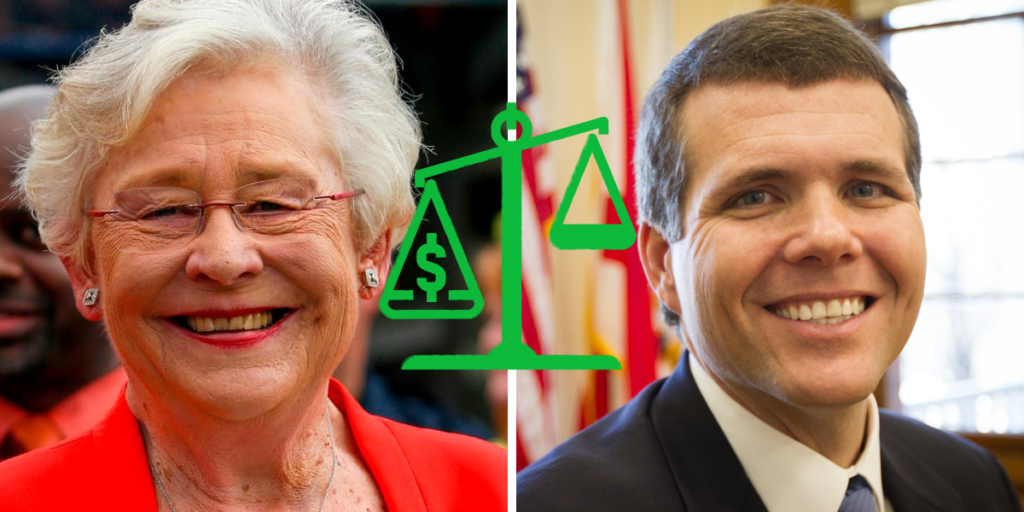
Republican Gov. Kay Ivey has just reported her September fundraising totals and she raked in nearly double than that of her Democratic opponent, Walt Maddox: $735,450 to $373,016. Since announcing her candidacy Ivey has raised $6.1 million for her campaign war chest. Meanwhile Maddox has brought in just a fraction of that — $2 million. Ivey will face Maddox on Nov. 6 in the general election.
Randall Woodfin ready to play political king-maker, launches PAC for progressive Democrats
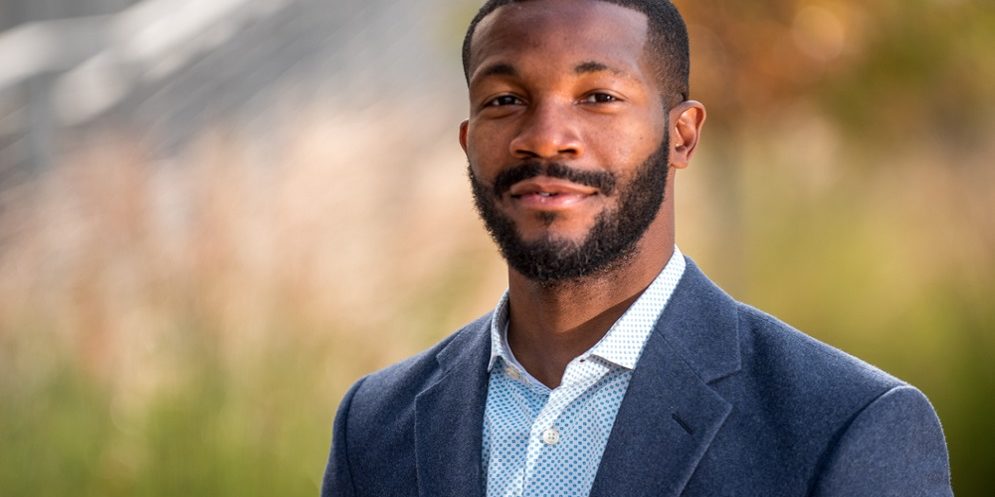
Not even a full year into his first term at City Hall and Birmingham Mayor Randall Woodfin is ready to play political king-maker. In an op-ed published Monday on AL.com, Woodfin announced the launch of his new Political Action Committee (PAC), which aims to “elect the next generation of progressive Democratic leadership in Alabama.” “NextGen Alabama seeks to modify this antiquated approach to Democratic campaigning by focusing on movement building and longevity. We must meet voters in their communities, on their doorsteps and in their churches. That is the only way Democrats will be able to flip conservative states in the South,” Woodfin wrote. Registered with the Secretary of State back in May, the PAC, Next Generation Alabama, or NextGen Alabama for short, hopes to essentially turn Alabama’s red tide (or crimson as it may be for some households), blue. “If you find yourself – like me – representing a blue island in a sea of red, you have an obligation to change the tide for the communities you serve,” explained Woodfin. Woodfin hopes to change the ground game for Alabama progressives seeking office, by prioritizing grassroots organizing and voter contact. To that end, the PAC will “only support progressive candidates that are unapologetic about engaging directly with our base and infrequent voters.” NextGen Alabama shares its name in part with a national Super PAC, NextGen America. Created by liberal, billionaire Tom Steyer, NextGen America is a large donor behind Woodfin’s good friend Andrew Gillum, the underdog candidate who surprisingly bested his Democratic opponents and won the Democratic gubernatorial nomination just last month. Whether or not Woodfin’s venture has any ties to Steyer remains to be seen.
Against all odds: Democrats pour money into longshot races
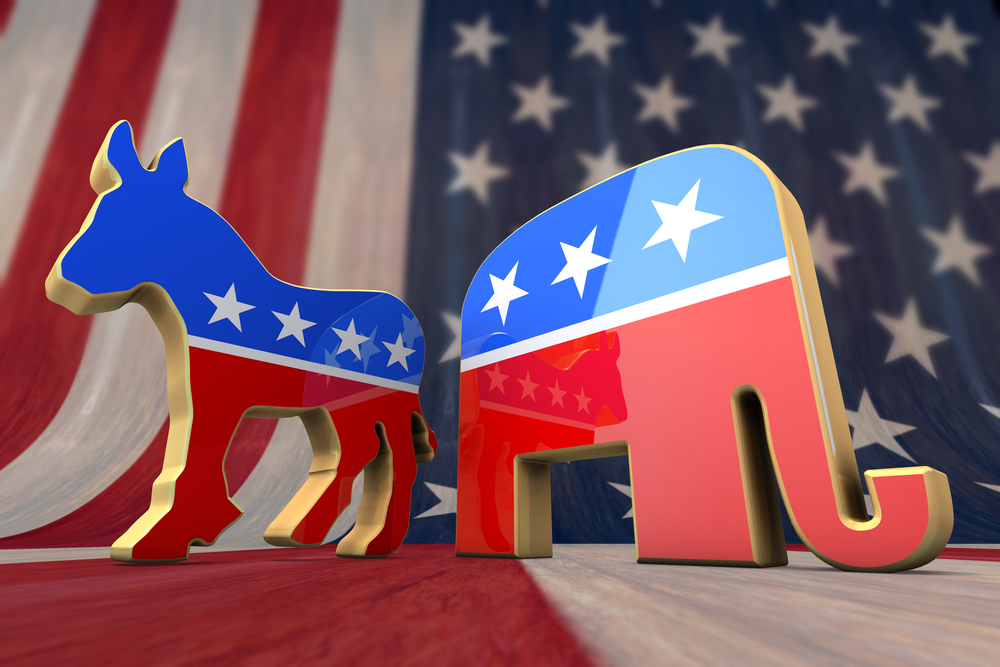
Thara Narasimhan, who hosts an Hindu radio program in Houston, has already given $1,200 to a Democrat running against Republican U.S. Rep. Pete Olson, who once drove around his solidly conservative Texas district with a “NEVER HILLARY” bumper sticker on his pickup. Her plans to donate even more bewilder friends. “It’s not the question of why I have to support a failing candidate,” said Narasimhan, mingling at a fundraiser for Democrat Sri Kulkarni on a sweltering Texas summer night. “Unless you put some faith in it, you’re not going to make it work.” The November midterms are on pace to shatter records for political spending. While more than $1 billion raised so far nationally is helping finance battlegrounds that are poised to decide control of Congress, restless donors aren’t stopping there — they’re also putting cash into races and places they never have before to help underdog Democrats. Examples include: a district home to the Dallas Cowboys’ stadium and held by the GOP since 1983; the South Carolina district of outgoing U.S. Rep. Mark Sanford; and a reliably Republican Southern California district that President Donald Trump won by 15 points. All are places where Democrats are outraising their Republicans opponents — a feat that while perhaps not changing the conventional wisdom about their chances, is succeeding in giving their campaigns unusual viability. In Texas, 15 Democratic challengers running in Republican-held districts have so far raised at least $100,000. In 2014, only one cracked six figures. The average cost of winning a House seat is more than $1 million. And in Texas, some candidates still lag substantially behind despite their early hauls in places where Republicans have been invincible. But driving donors’ eagerness to open their wallets to longshot candidates, supporters say, is a mix of anti-Trump enthusiasm and optimism following upsets like Democrat Doug Jones’ last year in a Senate race in Alabama. Campaigns, meanwhile, say donors are simply responding to finally having better candidates in historically lopsided districts that previously attracted only fringe contenders who made little effort to professionally fundraise or run hard. At a crowded house party in suburban Austin for Democrat MJ Hegar, Jana Reeves found a seat on a kitchen bench that was a long way from her own Hill Country home that isn’t even in Hegar’s congressional district. Hegar has raised more $1.7 million in large part due to a polished six-minute campaign ad called “Doors” that got attention online and enticed donors like Reeves to give her a hand. “Even though it’s hopeless? You know why?” Reeves said of the giving to Hegar and other Democratic challengers. “Even though maybe my paltry money can’t do much, I still want to support these people in the deep red districts, because the Democrats (at party headquarters) aren’t going to do it.” In few places is the surge of money more evident than in Texas. At the top of the ticket, Rep. Beto O’Rourke is outraising Republican Sen. Ted Cruz in a state where Democrats have not won a statewide race since 1994. Seven Democrats also outraised their GOP opponents between April and June in districts held by Republicans, bolstered by primary runoffs that forced campaigns to double down on fundraising. Hegar is among the most successful. The military veteran is running against Republican Rep. John Carter, who was re-elected to an eighth term in 2016 by 20 points over a Democrat who only raised $16,000 total. Now she has the attention of Trump’s campaign team, which last month announced it would financially help Carter along with roughly 100 other Republican House and Senate candidates. For her part, Hegar doesn’t inveigh against Trump while passing the hat: She didn’t even mention his name while speaking to a living room of about 50 supporters at the Austin fundraiser. She said afterward that she understands Trump was motivating some of the donors but she preferred to talk to them about other issues. “They want to fight against racism. They want to fight against bullying and intimidation and things like that. And they’re labeling those things with a person’s name,” Hegar said. “I think it’s more effective to fight against those themes.” Near Fort Worth, Democrat Jana Lynne Sanchez has raked in more than $358,000 and has campaigned through summer with more money than her heavily favored Republican opponent, Ronald Wright. They’re both running to replace GOP Rep. Joe Barton, who represented the district for more than 30 years but abandoned plans for re-election after a nude photo of him circulated online. Sanchez bemoaned the “fish fries and pancake breakfasts” that candidates used in the past to raise money and spends six hours a day on the phone, competing with a half-dozen campaigns that she said are “sucking up most of the money” from big donors. On her list of ways to spend that money: hiring a campaign manager who has previous flipped a Republican district. “People who say, ‘Money doesn’t vote,’ have never run a campaign,” Sanchez said. Republished with permission from the Associated Press.
Twinkle Andress Cavanaugh raises over $200k in final fundraising period before June 5 primary
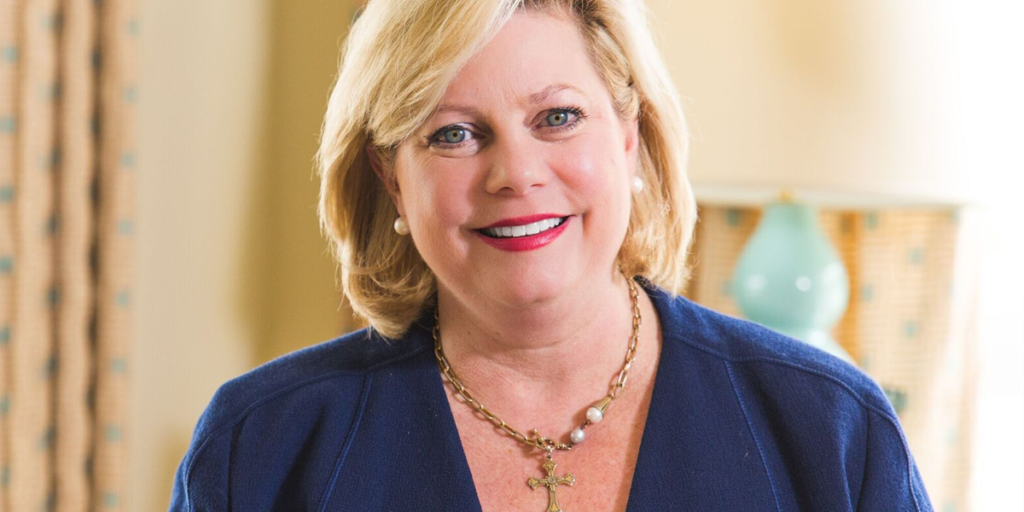
With just over a month to go to the June 5 primaries, Lieutenant Governor-hopeful Twinkle Andress Cavanaugh, a small business owner and former Chair of the Alabama Republican Party, has grown her war chest even bigger. In April, Cavanaugh, the current president of the Alabama Public Service Commission (PSC), brought in a whopping $214,085 according to her most recent fundraising report — record numbers for her campaign. Cavanaugh believes the numbers exemplify “the snowballing momentum for her campaign.” “I’ve been blown away by the response I’ve received from moms and dads in every corner of our state,” said Cavanaugh. “Our support comes from job creators and hardworking people all across Alabama- from our construction workers and coal miners to our doctors and Realtors. We need a proven, conservative Lieutenant Governor who will help move our state forward, and I’m extremely encouraged by the reception our campaign is getting. With a strong team of supporters, together, we will build a brighter Alabama for our children and grandchildren.” Cavanaugh’s April total was the most raised by any candidate for Lieutenant Governor since she got in the race; the single month total was also more than either of her opponents — Republicans Will Ainsworth and Rusty Glover, along with Democrat Will Boyd — raised cumulatively in the last six months. To-date, her total contribution list represents 658 donors representing 104 Alabama hometowns.
Behind the scenes of State Senate fundraising numbers for open seats
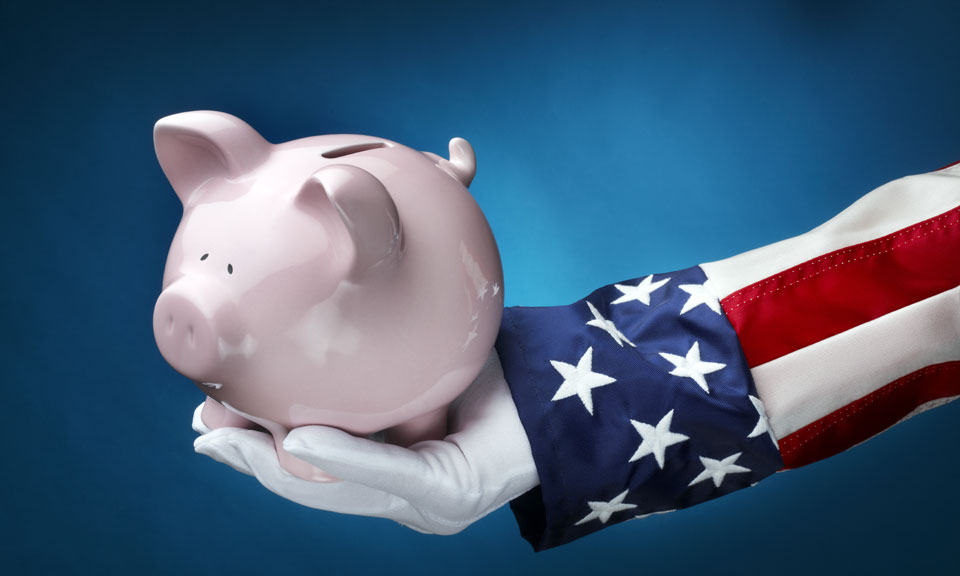
Numbers don’t lie. Well… sometimes when it comes to campaigns they do. When you’re just given a “cash on hand” total that figure can be deceiving. Any expert worth their salt will tell you that the devil is in the details. So below is a breakdown of some of the races for Alabama’s open Senate seats. With nine of the 26 Senate Republicans not running for re-election, either to retire or seek higher office, there’s a lot at play and a lot at stake this election. In addition to those nine, one lone Democrat, Sen. Hank Sanders has also announced his retirement and his daughter, Malika Sanders-Fortier, will run in his place. Since January’s campaign finance reports were recently filed, here’s a deeper look at “open” Senate seats up for grabs this year — who’s running, what their spending money on, how much they’re paying consultants, and how much cash they have on hand as they went into February. Here’s who’s running for the “open seats:” (candidates listed in order of total cash on hand): Senate District 2 Incumbent Bill Holtzclaw retiring Tom Butler (R): $44,640.09 Largest campaign expenditure to date: $3,700.00 to the Driscoll Group Amy Wasyluka (D): $7,081.60 Largest campaign expenditure to date: $493.77 to Allied Digital Printing Steve Smith (R): $1,085.56 PAYPAL 2145 HAMILTON Largest campaign expenditure to date: $29.30 to Paypal Michael Smith (D): $1,074.86 Self-loaned campaign $2,000 on Jan. 25, 2018 Senate District 7 Incumbent Paul Sanford retiring Mary Scott Hunter (R): $227,045 Donated $190,457.66 on Oct. 3, 2017 from Mary Scott Hunter Lt. Gov Committee Consultant cost to date: $32,578.09 total —> $6,000.55 (Beshears Solutions); $13,887 (Leverage Public Strategies); $2,050 (Vickie Gesellschap); $8,669.54 (Alexander Cooksey); $971 (Todd Powers); $1,000 (Vulpes Et Leo) Largest campaign expenditure to date: $3,700.00 to Advictory Johnathan Hard (D): $4,367.15 Consultant cost to date: $650 (Red Brick Strategies) Largest campaign expenditure to date: $404.39 to Tennessee Valley Sign Sam Givhan (R): $127,892 Consultant cost to date: $12,810 total —> $9,000 (Red State Strategies); $3,810 (Politically Correct Consulting) Largest campaign expenditure to date: $1,000 to MCREC Deborah Barros (D): $0 Senate District 10 Incumbent Phil Williams retiring (Assumed office in 2010) Mack Butler (R): $140,757 Self-loaned campaign $100,000 on Aug. 28, 2017 Donated $638.10 on Aug. 28, 2017 from Committee to Elect Mack Butler Consultant cost to date: $44,692.90 (Master Image Inc.) Largest campaign expenditure to date: $3269.70 to C&D Catering Andrew Jones (R): $3,472.56 Self-loaned campaign: $6,000 total —> $50 on Oct. 31, 2017; $950 on Dec. 20, 2017; $5,000 on Jan. 1, 2018 Largest campaign expenditure to date: $829.64 to Vistaprint Craig Ford (I): $0 Senate District 13 Incumbent Gerald Dial running for Ag Commissioner (Assumed office in 2010) Randy Price (R): $64,041 Self-loaned campaign $334.72 on Sept. 30, 2017 Consultant cost to date: $4,789.40 (Politically Correct Consulting) Largest campaign expenditure to date: $5,000 to Sinclair Broadcasting Mike Sparks (R): $18,840 Self-loaned campaign: $2,288.25 total —> $1004.25; $245.00; $1039.00 Tim Sprayberry (R): $5,110.81 Self-loaned campaign: $2,986.28 total —> $634.05 on Sept. 29, 2017; $1028.39 on Oct. 31, 2017; $642.94 on Nov. 30, 2017; $680.90 on Dec. 29, 2017 Largest campaign expenditure to date: $120 to Bama Carry/Chambers County Darrell Turner (D): $0 Senate District 15 Incumbent Slade Blackwell retiring (Assumed office in 2010) Miranda Carter (R): $0 Laura Casey (D):0 Dan Roberts (R): $0 Senate District 25 Incumbent Dick Brewbaker retiring (Assumed office in 2010) Charles “Will” Barfoot (R): $73,561.59 Self-loaned campaign: $50,000 on June 30, 2017 Consultant cost to date: $18,302 (Virtus Solutions) Largest campaign expenditure to date: $3,289.00 at Boosters Incorporated Ronda Walker (R): $37,543.88 Donated $7,156.54 on June 30, 2017 from Ronda Walker for County Commissioner fund Gave self loan of $10,000 on June 30, 2017 Consultant cost to date: $7,340.02 total —> $2,974.27 (Newman and Associates); $1,865.75 (Alexander Cooksey); $2,500.00 (Leverage Public Strategies) Largest campaign expenditure to date: $1,422.47 at Simply Mac David A. Sadler (D): $0 Frank Snowden (D): $0 Senate District 32 Incumbent Trip Pittman retiring (Assumed office in 2007) David Northcutt (R): $215,089.91 Self-loaned campaign: $73,000 total —> $19,000 on May 16, 2017; $3,000 on June 7, 2017; $50,000 on June 30, 2017; $1,000 on Nov. 22, 2017 Consultant cost to date: $6,425.24 (Red State Strategies) Largest campaign expenditure to date: $1,969.28 to Postmark Inc. Bill Roberts (R): $68,411.41 Self-loaned campaign $50,000 on July 31, 2017 Donated $28,298.32 on June 17, 2017 from the Bill Roberts Representative Campaign Largest campaign expenditure to date: $2,834.00 to Action Printing Chris Elliott (R): $44,662.63 Consultant cost to date: $20,043.63 total —> $8,640 (Catalyst and Associates); $11,403.63(Strategy Inc.) Largest campaign expenditure to date: $501.22 to Boost Promotional Branding Jeff Boyd (R): $38,315.39 Self-loaned campaign: $1,333.64 total —> $631.52 on June 15, 2017; $702.12 on June 26, 2017 Largest contributor Russell Robinson: $25,000 Largest campaign expenditure to date: $3,034.82 to Sign Man Senate District 34 Incumbent Rusty Glover running for Lt. Governor (Assumed office in 2006) Jack Williams (R): $190,942.26 Self-loaned campaign $100,000 on July 6, 2017 Consultant cost to date: $1,760.00 (Interstate Solutions) Largest campaign expenditure to date: $5,793.85 to Interstate Printing and Graphics Inc. (owned by Interstate Solutions) Currently serves as Alabama State Representative for District 102 Mark Shirey (R): $8,773.44 Self-loaned campaign $500 on Nov. 21, 2017 Consultant cost to date: $6,230.30 (Red State Strategies) Largest campaign expenditure to date: $4,683.40 to ABC Signs and Shirts Senate District 35 Incumbent Bill Hightower running for Governor (Assumed office in 2013) David Sessions (R): $133,124.09 Donated $32,011.07 on Oct. 2, 2017 from the David Sessions State Representative Committee Consultant cost to date: $11,212.84 (Strategy Inc.) Largest campaign expenditure to date: $49 to USPS Currently serves as Alabama State Representative for District 105 Tom Holmes (D): $4,897.26 Largest campaign expenditure to date: $1,205.60 at Griffice Printing Company *Largest campaign expenditure to date excludes candidate qualifying fees
Doug Jones already helping national Dems’ fundraising efforts

Less than a week after scoring an upset victory in the U.S. Senate race in Alabama, Democrat Doug Jones is already at work repaying the Democratic Party for campaigning on his behalf. On Tuesday, the Senator-elect sent an email to former Vice President Joe Biden‘s own political action committee (PAC) to help raise funds that will be dispensed to Democratic candidates in 2018. The group, “American Possibilities PAC” is capitalizing on Jones’ victory, which has motivated Dems across the country to open their wallets to help take back the U.S. Senate and whittle down the GOP’s power in the House. Read Jones’ full email below: Just about 41 years ago, while I was a law student, I had the opportunity to introduce a U.S. Senator who’d traveled down to our school to give a speech. His name was Joe Biden. Since that moment, I’ve had the pleasure of calling him my friend. And a week ago today, after the people of Alabama turned out to vote and I learned that I would be our state’s next senator, he was one of the first people who called me. I have to tell you, when I first took that stage after having been declared Senator-Elect, I almost didn’t know what the hell to say. But I found my words, and I sure have them now. Thank you. Thank you to my wife. My family. Thank you to the millions of Alabamians who believed in me enough to give that most sacred gesture of confidence our democracy guarantees us: A vote. Thank you to my friends — both those I’ve met on the trail these past months, and old friends, too, like Joe. And thank you, Apryl Marie. Thank you for letting Joe know that you believed in me. That you wanted your donations to help support our campaign. Thank you. The work you do here, with Joe Biden, matters. When you speak up, when you share the local leaders that you believe in — not only does this outfit hear that feedback, they listen to it. They make decisions based on what you say. I’ll tell you, that’s not how most political organizations work in this country. But it should be. So, let’s keep going. Keep speaking up. Keep talking to your friends, your family, your neighbors, about the qualities you’d like to see in a new wave of American leadership. And, if you can, give to the organization that’s going to continue to work to change the face of leadership all around this country — city by city, district by district, and state by state. I have always believed that the people of Alabama have more in common than what divides us. Last Tuesday proves it. It will be one of the greatest honors of my life to represent the people of Alabama in the United States Senate. Thank you. Let’s go do some work. -Doug
Republican Senate Cmte drops out of fundraising agreement with Roy Moore
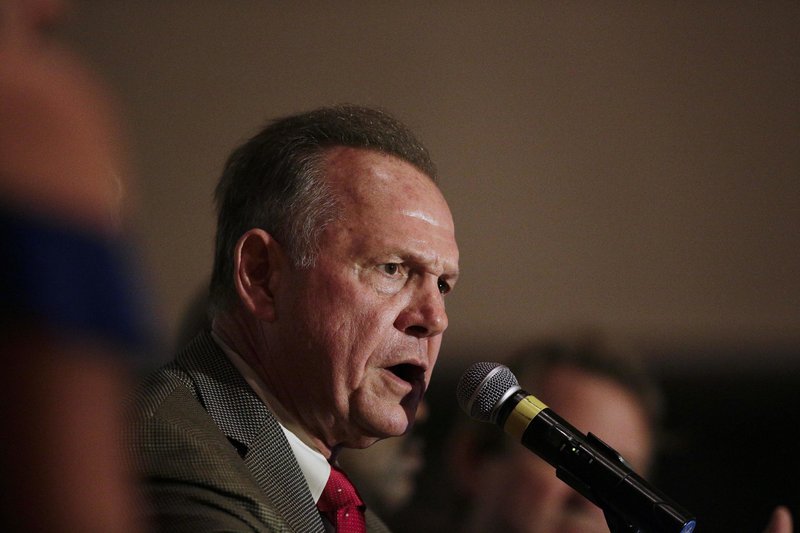
Less than 24 hours after bombshell allegations of sexual assault surfaced against Alabama U.S. Senate candidate Roy Moore, the Republican Party’s campaign wing on Friday severed its fundraising agreement with the former state Chief Justice. Paperwork was filed with the Federal Election Commission (FEC) on Friday showing the National Republican Senatorial Committee (NRSC) has been removed from a joint fundraising committee that also includes Moore’s campaign, the Alabama Republican Party and the Republican National Committee. “The allegations against Alabama Senate candidate Roy Moore are deeply troubling,” Colorado-Republican Sen. Cory Gardner, chairman of the NRSC said in a prepared statement. “If these allegations are found to be true, Roy Moore must drop out of the Alabama special Senate election.” He explained the NRSC’s focus “is always on keeping a strong Republican majority in the Senate.” The NRSC did not respond to requests from Alabama Today for comment. Moore has been under fire since The Washington Post published an explosive report Thursday afternoon with the accounts of four women who claim he sexually pursued them when he was in his 30s and they were in their teens. The news has caused rapid fallout from dozens of Senate Republicans who have called on Moore to withdraw his name from next month’s special election if the allegations are true. Moore faces the Democratic nominee Doug Jones in the special election on Dec. 12.
Martha Roby outraises her opponents, banks over $260K in third-quarter fundraising
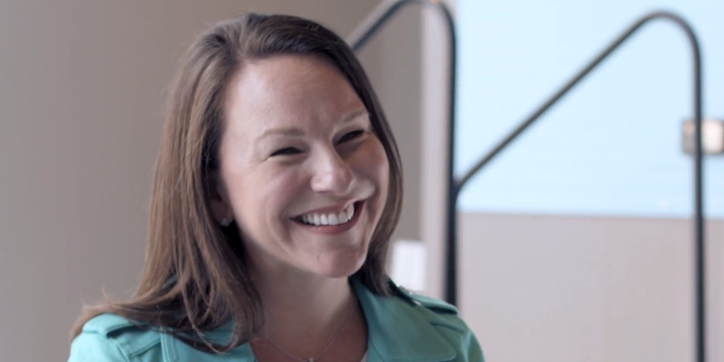
Federal campaign finance records show Martha Roby‘s congressional campaign out-raised both of her GOP opponents in the third quarter of 2017. Roby, who serves as Alabama’s 2nd District U.S. Representative, reported raising more than $260,000, while Barry Moore brought in a little over $30,000. Thomas Amason filed no FEC report this quarter. Through her aggressive fundraising efforts Roby has a amassed a booming $401,000 war chest, which gives her a $359,000 cash advantage over Moore, who has over $43,000 cash-on-hand but also has a debt of $35,000 due to a personal loan made by Moore to his campaign. Amason has yet to declare any funds raised. “Rep. Roby is grateful for all the individuals and families who have supported her reelection campaign so far. It’s a testament to her widespread support in the 2nd District and a recognition of her hard work to advance the conservative agenda that is important to those she represents,” said Roby spokesperson Emily Taylor. “This strong third quarter puts Team Roby on pace to raise as much as $1.2 million by June, which will greatly bolster our efforts to promote and defend her record as a results-driven conservative.” The reporting period covered July though September.
Joe Biden launching fundraising PAC amid 2020 speculation
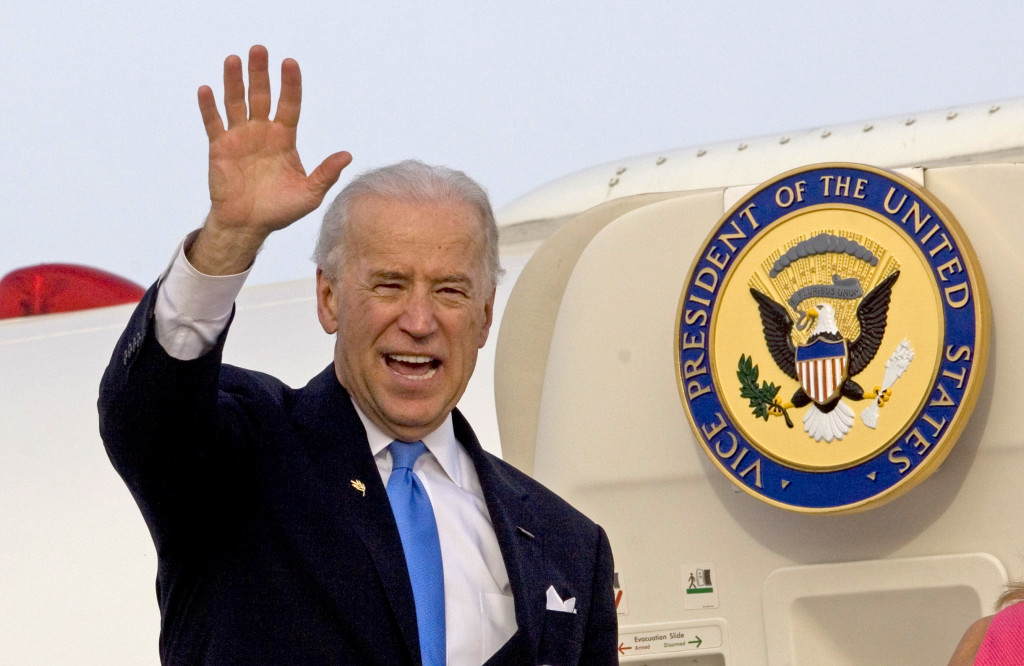
Former Vice President Joe Biden is launching a political action committee amid speculation that he may run for president in 2020. Biden plans to announce Thursday that he’s forming the “American Possibilities” PAC. The committee will allow him to raise money for candidates and maintain relationships with longtime donors. In an email to supporters and a Medium post, Biden plans to say that “the negativity, the pettiness, the small-mindedness of our politics drives me crazy.” Biden isn’t mentioning President Donald Trump by name but says that kind of politics is “not who we are.” The 74-year-old Biden has said he probably won’t run for president in 2020 but hasn’t totally ruled it out. He strongly considered running in 2016. Biden’s former White House aide Greg Schultz will run the PAC. Republished with permission of The Associated Press.
Hillary Clinton runs up campaign cash advantage over Donald Trump
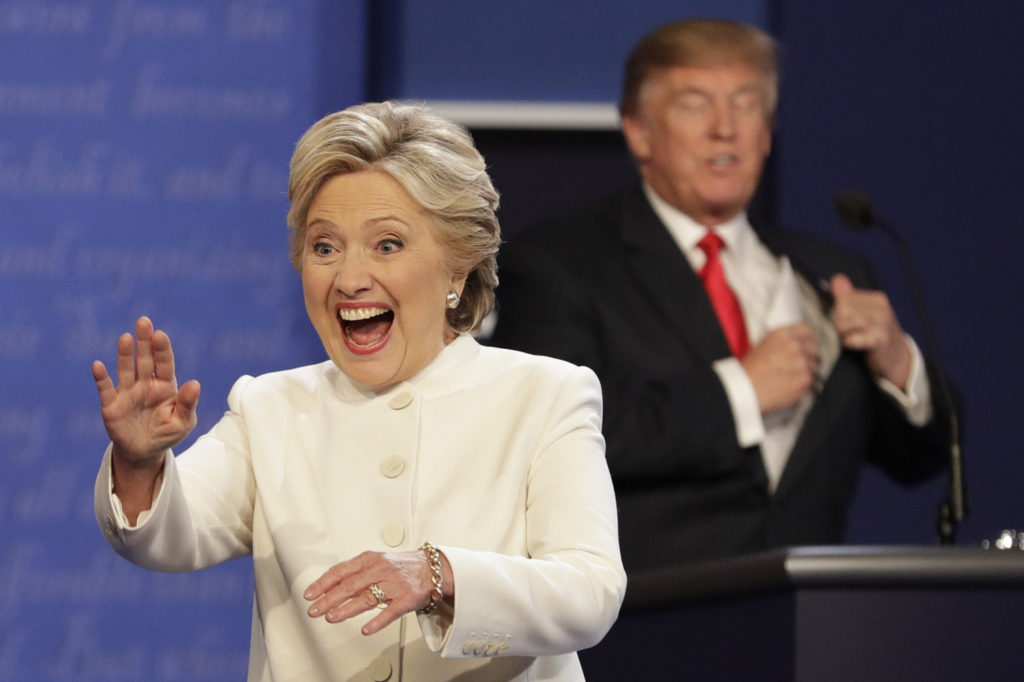
Hillary Clinton entered the final phase of her presidential bid with a resounding campaign cash advantage over Donald Trump. New fundraising reports show her campaign and joint accounts with Democrats had $153 million in the bank as of last week. That’s more than double the $68 million Trump’s campaign and partnership committees had on hand. Clinton’s continued fundraising advantage helps ensure the Democratic nominee can keep her sprawling political operation at full strength in the frantic final days of the race. She maintains a staff of more than 800 – several times larger than Trump’s – and has spent more on advertising than the Republican has every single week of the race. Over the course of the primary and general elections, Clinton’s campaign has hauled in $513 million, roughly double what Trump’s has. She outpaced him again in the first 19 days of October, the new reports show, when her campaign reaped $53 million as his brought in about $30 million. While Trump, a New York businessman who says he is worth $10 billion, typically makes a personal contribution of about $2 million each month, he had not done so yet in October. The latest contribution reports, up to date as of Wednesday, show he had given only about $33,000. The candidates and many outside groups involved in the presidential race are filing their final pre-election fundraising reports on Thursday. The filings cover the first 19 days of the month. Outside groups backing Clinton are better funded than those supporting Trump, the reports show. Super PACS can take unlimited contributions from wealthy donors, but they may not coordinate with the campaigns. The pro-Clinton Priorities USA raised $18 million in 19 days. Some of its biggest most recent donors include Facebook co-founder Dustin Moskovitz and Susan Mandel, the wife of a hedge fund founder, who each put in $2.5 million this month. Priorities USA has been spending most of its money on TV ads. It plans to spend $21 million on ads this week and next, according to Kantar Media’s political ad tracker. Rebuilding America Now, one of several pro-Trump groups, raised only about $215,000 through the early part of this month. As of last week, the super PAC only had about $1.2 million in cash on hand. Another, Great America PAC, raised $2 million and had about as much left to spend. Republished with permission of the Associated Press.
Joe Henderson: Hillary Clinton, Citizens United and ‘never-ending’ thirst for cash
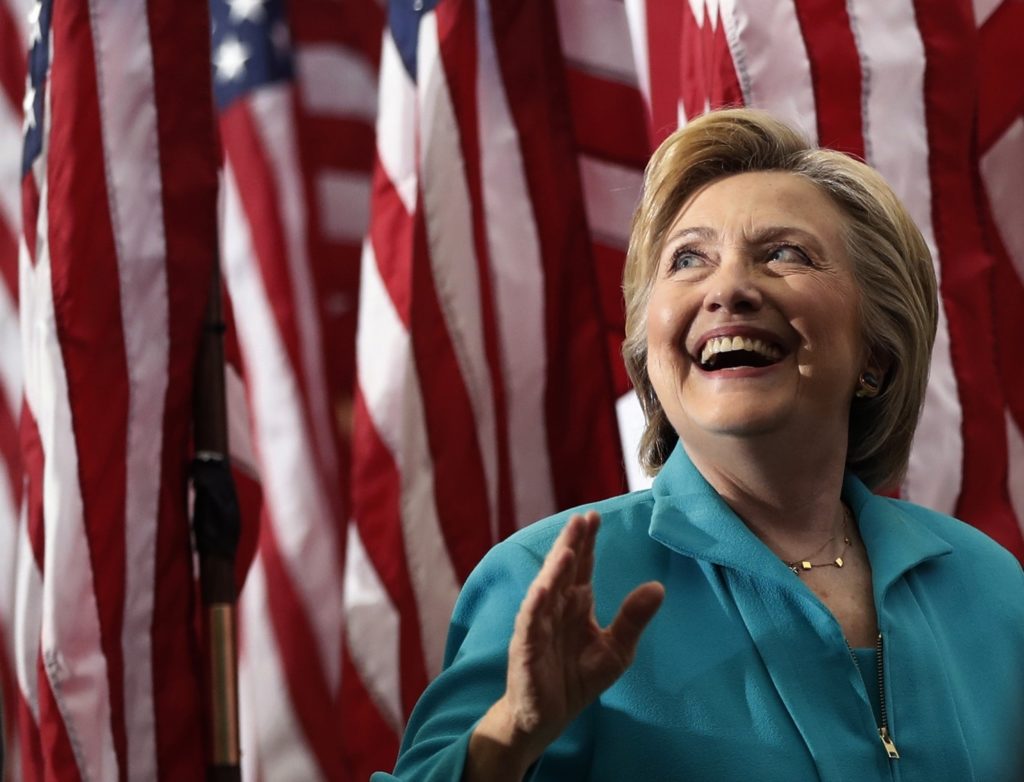
One of the themes of Hillary Clinton’s campaign for the presidency has been her opposition to Citizens United. From the podium, she preaches that she doesn’t like the idea of the wealthy few using their money to buy influence over policies that determine the future for the rest of us. She says he wants to overturn that controversial ruling by the U.S. Supreme Court that has allowed our politics to be bartered out to the uber rich. Well, OK. She says all that, but then The Washington Post reported Sunday that her campaign raised $1.14 billion by the end of September. More than a fifth of that came from just 100 donors. The top five donors, the Post reported, included two hedge fund managers and one venture capitalist. Combined, they have contributed one out of every $17 Clinton raised. And as you read on SaintPetersBlog.com, Hillary will be in Florida Tuesday for what has been billed as “the largest fundraising event” in Florida’s history. Got $100,000 laying around? Donate it, and you can take part in a special host reception with HRC For a mere $5,000, you get dinner and reception. With two weeks to go and Hillary way out in front of Donald Trump in the polls, this might seem like the political equivalent of running up the score on an overmatched opponent. The bigger question is, how much is enough to quench Clinton’s never-ending thirst for money? And the biggest question is, what does that money buy? Look, the news business has allowed me to get to know some really rich people, and they have one thing in common: When they invest this kind of money, they expect something in return. Just follow the trail of breadcrumbs or, in this case, the dollar bills and see where it leads. Trump’s donors are the same way, of course, so let’s not pretend Clinton’s voracious appetite for dollars is unique. But whether he actually believes his words or not, Trump has made a good case with the “quid pro quo” label he has tried to stick on Clinton. Trump rose to the Republican nomination on the winds of disgusted Americans who feel locked out of the political process by the wealthy. They believe the game is rigged against them. That same theme inspired Bernie Sanders’ campaign. That attitude isn’t likely to change after the election. Clinton’s supporters squirm a little uncomfortably when the subject is money. No one is being naïve, though. It takes a lot of cash to run a national campaign. She is running for president of the most powerful nation on earth, not a seat on the county commission or school board. The great Bobby Bowden once said of a freshman player who leaped into his arms on the sideline during an over-exuberant moment, “Recruiting season is over. He’s got to stop calling me Bobby.” Hillary Clinton is recruiting America now, and by most accounts, she is doing such a good job that even Trump’s closest surrogates concede she is likely to win. But next Jan. 20, when we start calling her Madam President instead of Hillary and it comes time to make good on her posturing against Wall Street and Citizens United, the big players will be in the background, expecting the return on their investments. What then? Too often in politics, the answer is that you get what you pay for. ___ Joe Henderson has had a 45-year career in newspapers, including the last nearly 42 years at The Tampa Tribune. He covered a large variety of things, primarily in sports but also including hard news. The two intertwined in the decade-long search to bring Major League Baseball to the area. Henderson was also City Hall reporter for two years and covered all sides of the sales tax issue that ultimately led to the construction of Raymond James Stadium. He served as a full-time sports columnist for about 10 years before moving to the metro news columnist for the last 4 ½ years. Henderson has numerous local, state and national writing awards. He has been married to his wife, Elaine, for nearly 35 years and has two grown sons – Ben and Patrick.
Attorney general to Trump Foundation: stop fundraising in NY

The New York attorney general’s office has ordered the Trump Foundation to immediately stop fundraising in the state, saying it isn’t registered to do so. James Sheehan, head of the attorney general’s Charities Bureau, wrote in a letter dated Friday that the failure to stop immediately and answer demands for all delinquent financial reports within 15 days “shall be deemed a continuing fraud upon the people of the state of New York.” Democratic Attorney General Eric Schneiderman has been investigating Republican presidential nominee Donald Trump‘s foundation following Washington Post reports that foundation spending personally benefited the candidate. The newspaper, citing tax records, also reported that the charity has been funded entirely from outside donations since 2008, when Trump made his last contribution to it. The attorney general’s office said the foundation had a registration for an organization with assets in New York, but the law requires a different registration for those that solicit more than $25,000 a year from the public. “Based on information received by the Charities Bureau to date, the Trump Foundation was engaged in solicitation or fundraising activities in New York State in 2016 and was not registered with the Charities Bureau pursuant to Article 7-A, and thus was not permitted to engage in such activity during this period,” Sheehan wrote. The Trump campaign said the foundation intends to cooperate with the investigation. The campaign has previously called Schneiderman “a partisan hack who has turned a blind eye to the Clinton Foundation for years and has endorsed Hillary Clinton for president.” Republished with permission of The Associated Press.


